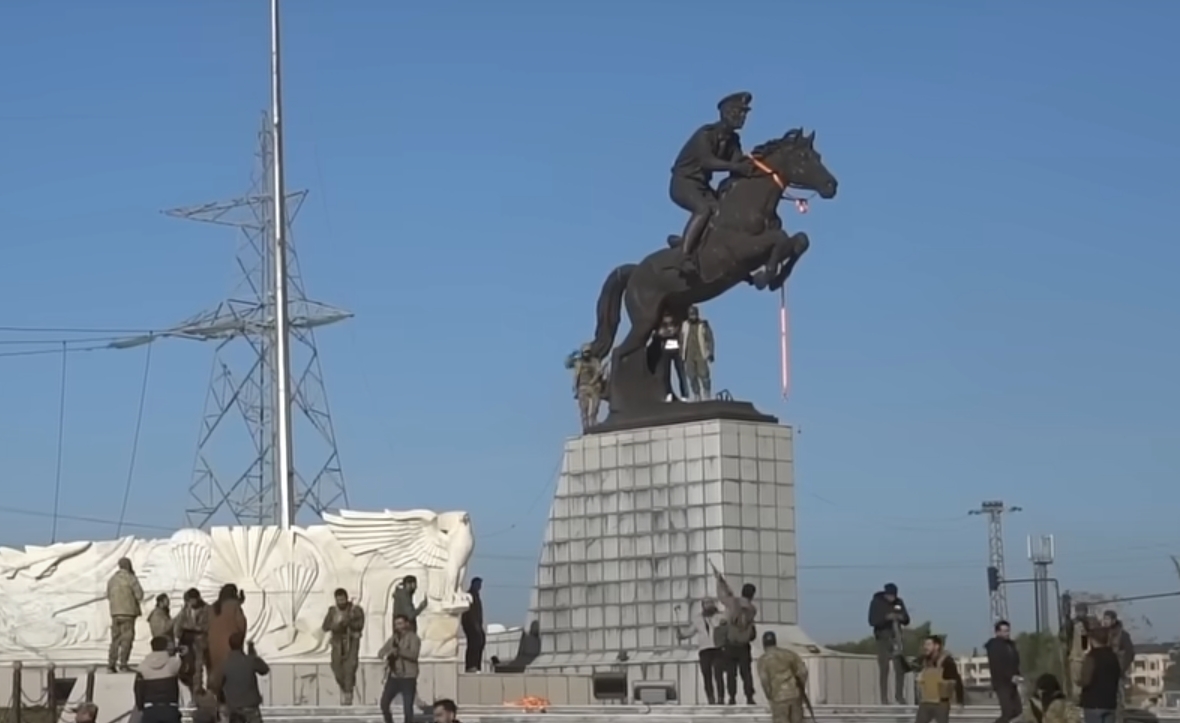As Egypt enters a seventh day of open revolt against the rule of President Hosni Mubarak, the country’s internet access continues to be largely shut down. That extended closure is one of the clearest signs that Mubarak still sees this as a fight he can win.
The longer the internet shutdown continues, the more and more mysterious the government’s thinking becomes. The last week has proven not only that the protesters don’t need Twitter and Facebook access to challenge the system but also that the world’s media don’t necessarily need it to bring details, images and even videos of this mass revolt to the world.
Each day brings new evidence of the complete futility of the gesture. Prominent local bloggers and online activists are simply calling friends overseas to tweet details on their behalf, the flood of journalists entering the country are almost all coming in armed with Thuraya satellite phones and Bgan receivers that enable you to get online from anywhere.
At this point, it’s likely that the main victim of the government’s online blockade will be the Egyptian economy. The country’s banks and stock market were shut down on Monday and the overall economic damage from the government’s decision to cut Egypt off from the world is something that will be hard to measure for a while.
Yesterday I met up with a prominent blogger and digital activist who blogs and tweets under the name of Sandmonkey. He gleefully told me that cracking the internet blockade was becoming an international cause célèbre for the international digital expression community. There were plans afoot, he said, for a group of “hardcore open source guys from Germany” to arrive here with satellite phones and all the equipment they needed to set up a local internet network completely beyond the reach of the authorities.
“They’re going to bypass the whole system,” he told me.




